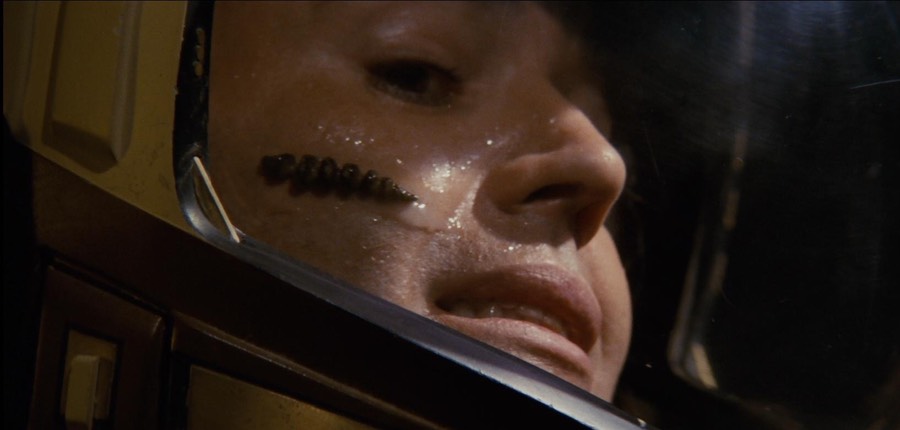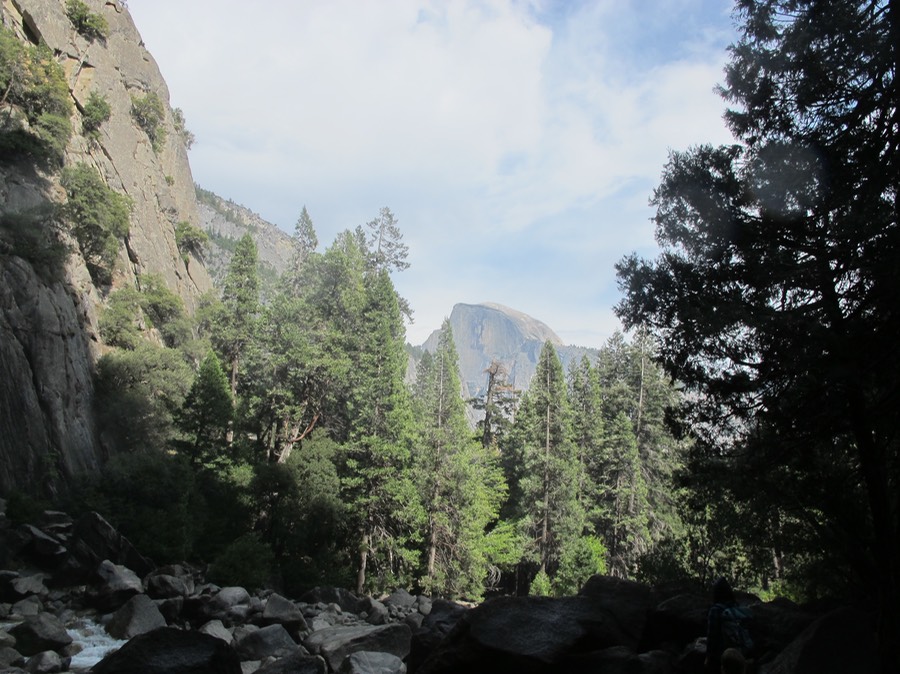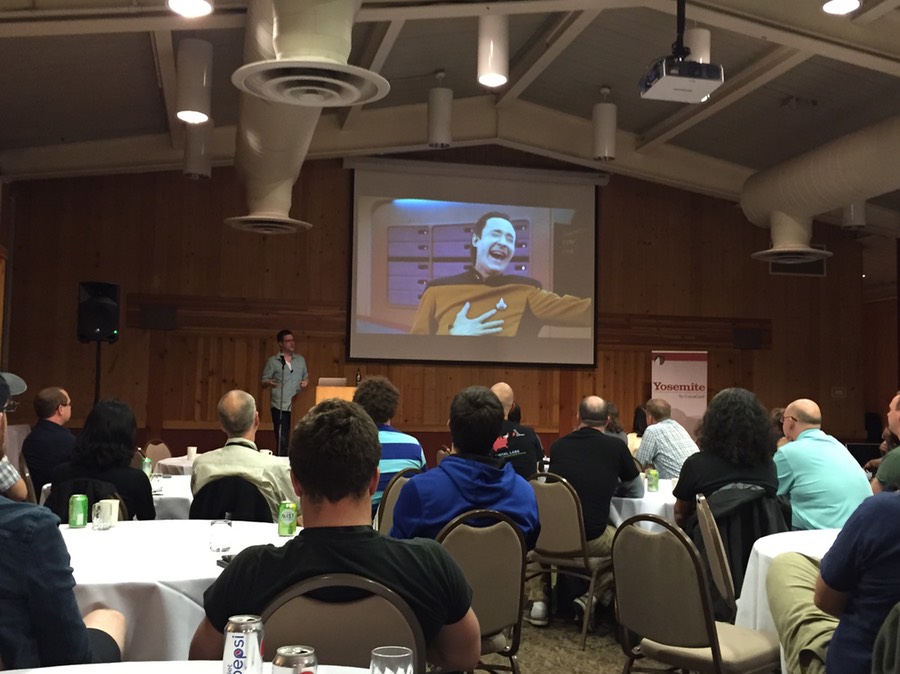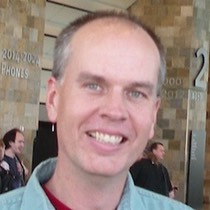Srsly, we need to put a stop to Geneio/InstallerMac
As of last night, I can now say that over the last year, I have had to go to great lengths to extracate the horrible Geneio/InstallerMac malware off of every single Mac in my immediate & extended family (except, thankfully, my own.)
I guess for the basic Mac user, the alerts that InstallerMac puts up look innocuous and even helpful. Nobody remembers how it got installed. It might have been masquerading as an update to Adobe Flash in at least one instance.
Looking at the steps that are required to really remove everything that this malware leaves on your system, it’s clear that this stuff is insidious.
Back in September of 2014, I submitted a bug report (18193924) to Apple begging them to do something about this. No response yet.
Doesn’t it seem like Apple should take this kind of thing seriously? Isn’t that what XProtect is supposed to help us avoid?
If you have a developer account and can get to bugreport.apple.com, why not submit your own bug report?
Since U Been Earworm

We’ve all been infected with earworms from time to time. Usually they go away, for me, after a couple of days.
Alas, Kelly Clarkson’s 2004 breakout hit “Since U Been Gone” has been invading my consciousness for weeks, perhaps even months.
(No, I didn’t listen to this video as I embedded it here!)
Why that song? I have absolutely no idea. It’s not even listed on Billboard’s list of the top forty earworm songs. (OK, no such thing, but really this chart ought to exist!)
To quote the Electric Light Orchestra song, I can’t get it out of my head. Even the peaceful vistas of Yosemite National Park last week didn’t cure it.
Apparently, scientists are saying that you can push an earworm out of your head by solving a mental puzzle like an anagram. That’s all well and good, but I usually don’t have a collection of anagrams with me to work on while I’m walking the dog or washing the dishes or driving/riding somewhere.
At least while I’m working, I can usually listen to my own choice of music to keep the earworm away. But heaven help me if I’m reading a book and it’s quiet around me. Here comes Kelly, again.
One technique my brother suggested to me many years ago was to mentally sing to yourself the late-1980’s TV show “It's Garry Shandling's Show.”
Yeah, it works. But after 25 years, I’m getting a little bit tired of that song.
Anybody else have any suggested treatments for a case of earwormitis? Hopefully something milder than electro-shock therapy but even that’s tempting if I could erase that song from my brain!
Grateful rants
At last week’s Yosemite conference, Michael Lopp closed out the sessions with an inspiring talk about writing.
Thanks for unblocking the writer in me @rands - what a perfect way to end #cocoaconf at Yosemite! pic.twitter.com/sqR5JAbdVo
— Gautam Godse (@gautamgodse) April 23, 2015One of his three suggestions for what to write about was to rant about something. (The other two, IIRC, were to clearly explain something you know and to express an opinion.)
Ranting is great. It's sure to get the creative juices flowing as your blood boils over thinking about the CIA hijacking Xcode or the state of the health care system in the US or the continued hazards in Fukushima or the wasteful water management practices of California agribusiness in the face of our crisis-level drought. And if you can write about these things, and spread understanding of knowledge that might improve the situation, that’s great. If we didn’t have people writing, blogging, tweeting, talking about these issues, they’d just be swept under the rug. (In fact, many important issues still are largely ignored by the public.)
But often ranting (usually on social media, not so much in long-form writing) ends up just complaining and spreading negativity. Like that crying baby in the airplane a few seats back, or having to wait for the dishwasher repair dude too long, or the bad service you got at the restaurant.
To me, all that seems to do is to amplify the negativity for yourself, and spread negativity to others.
To me it seems like the people who complain a lot are the ones who seem to always have these things happen to them. They guy who rants about babies crying in the movie theatre? It seems to happen to him a lot. It’s like the complaining attracts more negativity.
At Yosemite, one of the presentations — I think it was the one by Jamiee Newberry, who talked about her “31 days 31 people” project of expressing gratitude — reminded us to focus on what’s good, and be grateful as a way to be happier.
So I’m personally going to modify Lopp’s advice to rant, and come up with a type of rant that’s not negative! How about ranting with gratitude?
I’m considering some grateful rants to post in the days or weeks ahead. Stay tuned.
Yosemite: A State of Mind
Mac developers and Mac enthusiasts probably equate “Yosemite” with the 10.10 version of the operating system; most others in the world equate the word with California’s gorgeous, dramatic park.
This last week, I was privileged to firmly place myself in both camps, by attending the conference Yosemite, by CocoaConf. Their tagline of “The Apple Conference with a View” sure wasn’t kidding.

The conference wasn’t a technical conference at all. And yet I think I learned exactly what I needed to learn, both from the presentations and in between them. (And I’m not just talking about 10-minute bathroom breaks. There was a break between the morning sessions and the evening sessions where groups of us might go for an easygoing interpretive or photographic walk about the valley floor, or a vigorous climb up the Mist Trail to Vernal Falls.)
The talks at the conference were entertaining and profound. And while the presentations were conceived and delivered independently, the theme connections between talks were so strong that it felt like they were part of a planned network.
The presentation by Christa Mrgan blew me away because it had elements of Yosemite, iOS design, and personal perspective all rolled into one. She walked us through the design of a hypothetical iPhone app about the gorgeous High Sierra Camps, where she used to work for several summers. (I think that by the end of the talk, we all wanted that app to exist, and we all wanted to be at the hike-in accomodations that she described. Maybe the next CocoaConf Yosemite could be somewhere accessible only by hiking in, with equipment packed in via mule?)
Andy Ihnatko (I’m imagining that the “H” in his last name might indicate aspiration — a puff of air, when pronounced, extrapolating from what we learned from Laura Savino) told us what he really thinks about the ten-thousand-dollar Apple Watch; his perspective on the importance of not being constantly bombarded by information and distraction was echoed in many other talks as well.
James Dempsey (Billboard-charting artist), surrounded by several breakpoints and conditional breakpoints (who played guitar and sang excellently), rocked the house with his über-geeky songs. I wish I had brought my guitar so I could jam along (though I could never hold a candle to the guitar skillz of Jim, Brent, and Dave.)
That’s just a small sampling of the wonderful presentations. Oh, and Michael Lopp inspired us all to start — or restart — writing. The result is manifested here; let’s see if I can keep it up. Oh, thanks for the awesome pen.
All in all, the Yosemite conference was inspiring and amazing, both inside the building and outside of it. My thanks to the Klein family for organizing the event, the many speakers who were either old friends or, hopefully, will become new friends, and the many attendees I got to know (especially by following the C4 habit of sitting at a table with people you don’t yet know). I raise my glass in a toast!

© Fernando Morgan, used by permission.
